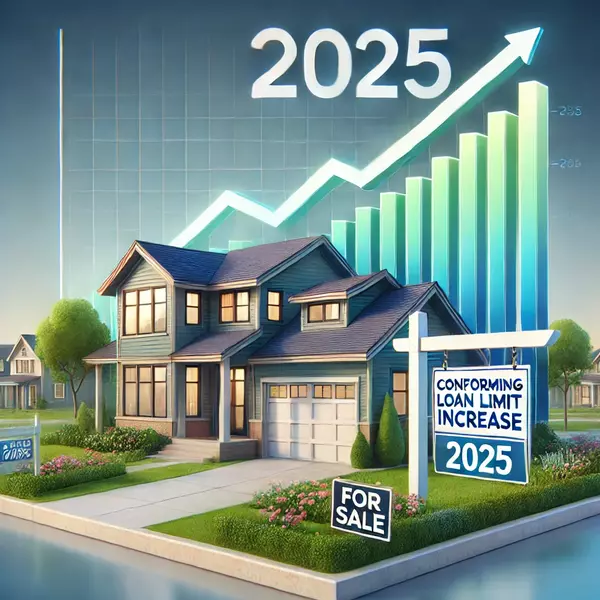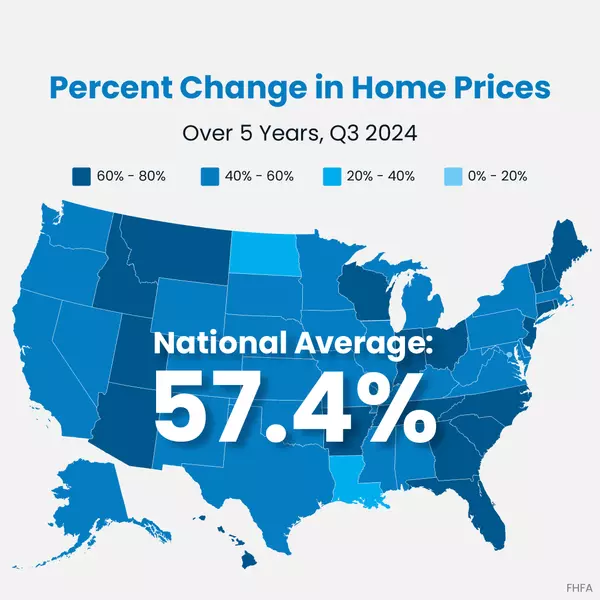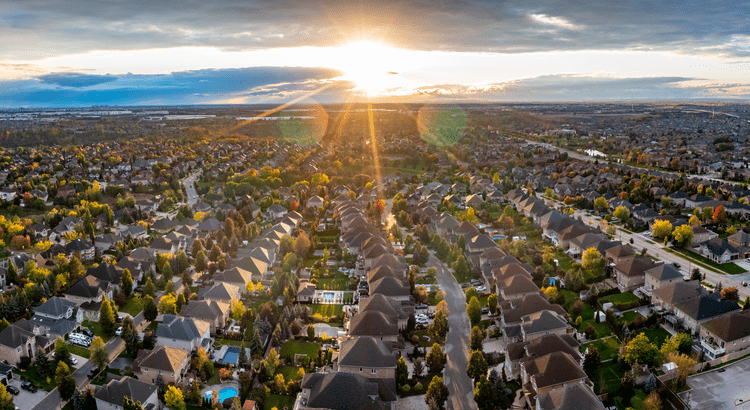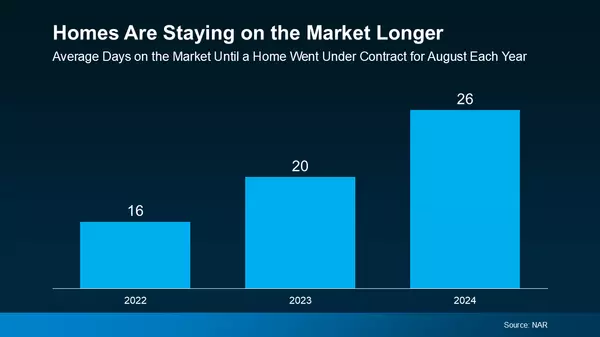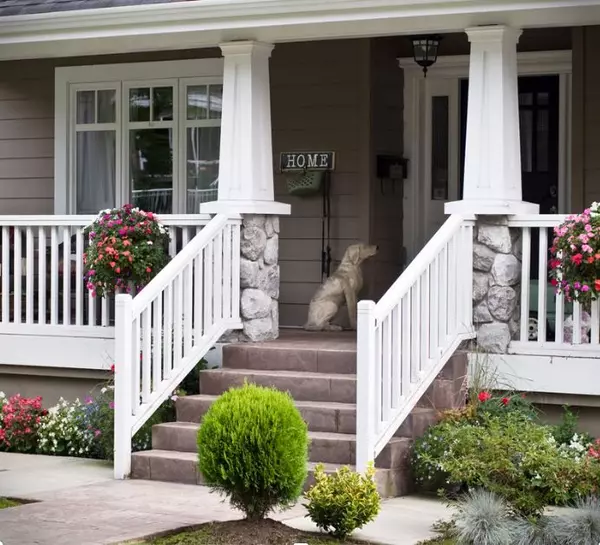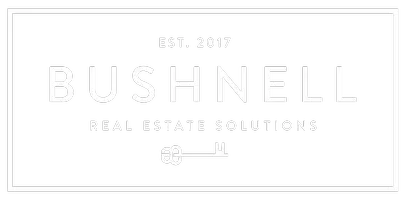MY BLOGS
AFFORDABILITY CALCULATOR
Quite affordable.
By registering you agree to our Terms of Service & Privacy Policy. Consent is not a condition of buying a property, goods, or services.
EXPLORE OUR FEATURED AREAS

Where Will You Go After You Sell?
If you’re planning to sell your house and move, you probably know there’s been a shortage of options available. But here’s the good news: the supply of homes for sale has grown in a lot of markets this year – and that’s not just existing, or previously-owned, homes. It’s true for newly built homes too. So how do you decide which route to go? Do you buy an existing home or a brand-new one? The choice is yours – you just need to figure out what’s most important to you. Perks of a Newly Built Home Here are some benefits of buying a newly built home right now: Have brand new everything with never-been-used appliances and materials Use energy efficient options to save money and leave a smaller footprint Minimize the need for repairs and benefit from builder warranties Take advantage of builder concessions that can help with affordability In today’s market, a lot of builders are focusing on selling their current inventory before they add more homes to their mix. And some of them are offering concessions and are more willing to negotiate to make a sale happen. That, coupled with the fact builders are primarily building smaller, more affordable homes, has led to one other potential perk. The median price for a newly built home in today’s market is actually lower than the median price of an existing home – which isn’t usually the case. Ralph McLaughlin, Senior Economist at Realtor.com, shares: “Homebuyers who are looking for that ‘new-home smell’ may be in a relatively friendlier market than times past when new homes were considerably more expensive than used ones.” If you’re interested in seeing what builders nearby have to offer, lean on your real estate agent. Their knowledge of local builders, new communities, and builder contracts will be important in this process. Perks of an Existing Home Now, let’s compare that to the benefits of buying an existing home. Join an established neighborhood that you can get a feel for before moving in Choose from a wider variety of floorplans and styles Appreciate the lived-in charm that only an older home can provide Enjoy the privacy and curb appeal of mature trees and landscaping In addition to these lifestyle benefits, there’s strategic value to buying an existing home, too. Remember, you can always make upgrades to an existing home down the road to give it some of the latest features available. This gives you the best of both worlds: you’ll get the charm, the neighborhood, and over time, you can still add those on-trend elements you may see in a brand-new home. And if you do, you’ll likely increase the home’s value too. An article from LendingTree explains: “. . . they can personalize it and possibly increase its potential resale value with cosmetic upgrades . . . Plus, if a home comes with physical details or stories that add charm, in some cases, these elements are attractive enough to add to a home’s resale value . . .” Want to see what’s available? Your real estate agent can show you what homes are for sale in your area, so you can see if there’s one that works for you and your needs. Bottom Line There are a lot of factors that go into deciding whether to buy an existing home or a newly built one after you sell, but it’s essential in today’s market to understand the opportunities you can find in both. Let’s connect so you have expert guidance as you explore the options in our area. For More Discussions, Real Estate with Melissa

Should You Sell Now? The Lifestyle Factors That Could Tip the Scale
Are you on the fence about whether to sell your house now or hold off? It’s a common dilemma, but here’s a key point to consider: your lifestyle might be the biggest factor in your decision. While financial aspects are important, sometimes the personal motivations for moving are reason enough to make the leap sooner rather than later. An annual report from the National Association of Realtors (NAR) offers insight into why homeowners like you chose to sell. All of the top reasons are related to life changes. As the graph below highlights: As the visual shows, the biggest motivators were the desire to be closer to friends or family, outgrowing their current house, or experiencing a significant life change like getting married or having a baby. The need to downsize or relocate for work also made the list. If you, like the homeowners in this report, find yourself needing features, space, or amenities your current home just can’t provide, it may be time to consider talking to a real estate agent about selling your house. Your needs matter. That agent will walk you through your options and what you can expect from today’s market, so you can make a confident decision based on what matters most to you and your loved ones. Your agent will also be able to help you understand how much equity you have and how it can make moving to meet your changing needs that much easier. As Danielle Hale, Chief Economist at Realtor.com, explains: “A consideration today's homeowners should review is what their home equity picture looks like. With the typical home listing price up 40% from just five years ago, many home sellers are sitting on a healthy equity cushion. This means they are likely to walk away from a home sale with proceeds that they can use to offset the amount of borrowing needed for their next home purchase.” Bottom Line Your lifestyle needs may be enough to motivate you to make a change. If you want help weighing the pros and cons of selling your house, let’s have a conversation. For More Discussions, Real Estate with Melissa

Strategies : Selling Your Home -Preparation is Key
Selling a home is a significant milestone that requires careful planning and execution. The process can be overwhelming, but with the right strategies in place, you can increase your chances of a smooth and successful sale. One crucial aspect of selling your home is proper preparation. Here are some essential preparation tips to help you sell your home effectively: Understanding the Market Setting the Right Price Enhancing Curb Appeal Decluttering and Depersonalizing Making Necessary Repairs Staging Your Home Deep Cleaning Professional Photography Effective Marketing Flexibility with Showings Wise Negotiations Closing Process Preparation In this blog post, we will delve into each of these strategies to help you make the most out of your home sale. Understanding the Market Before putting your home on the market, understanding the market is essential. The market moves fast, and buyers are influenced by their environment and budget constraints. Take the time to research current real estate trends in your area to get an idea of where the market has been, where it is, and where it is headed. Look into recent sales of similar properties as well as your competing listings. Gather information about the average time homes are spending on the market and at what price point. This knowledge will help you set realistic expectations regarding the sale of your home. For instance, sellers may notice a significant price difference within just six months, from when they first think of selling until they make the decision to put their home on the market, which can affect their pricing strategy. I have had a few clients when they decided to sell; realized the price range had shifted considerably in a short period, influencing their final listing price. Setting the Right Price Once you have a good grasp of the market, setting the right price is crucial. Pricing your home too high can deter potential buyers, while pricing it too low might lead to less profit. Consult with a real estate agent or appraiser to determine the optimal price for your property. They will consider factors such as location, square footage, condition, recent sales, and current active sales in the area to provide you with an accurate valuation. I often see overpriced homes sitting on the market for months. When a competing sale hits the market at a more realistic price, it often attracts several interested buyers almost immediately. A few years ago, I listed a home in Mays Pond. There was also a FSBO (For Sale By Owner) neighboring listing that had been sitting for months. Our listing sold within days, and the neighbor's listing eventually sold too, but at a lower price, to a buyer who had missed our listing. This experience underscored the importance of setting the right price from the beginning. Enhancing Curb Appeal First impressions matter, and the exterior of your home is the first thing buyers see. Simple tasks like mowing the lawn, trimming bushes, and adding colorful flowers can make a significant difference. Consider repainting the front door, cleaning the windows, and upgrading your porch or entryway to make your home more inviting and boost your home's curb appeal. Decluttering and Depersonalizing A cluttered home can be off-putting to buyers. Remove any unnecessary items and furniture to create a sense of spaciousness. Potential buyers should be able to envision themselves living in your home, so it is important to remove personal photographs and sentimental objects. Neutralize the color palette with fresh paint and keep the decor minimal to appeal to a wider range of tastes. For example, an antique doll collection may be endearing to some but creepy to others. Decluttering and depersonalizing allows buyers to envision themselves living there, which can make a big difference in their decision-making process. Making Necessary Repairs Fix any leaky faucets, squeaky doors, or cracked tiles. Consider investing in small upgrades that can add value to your property, such as replacing outdated light fixtures, upgrading appliances, or installing new bathroom fixtures. These improvements can significantly enhance the overall impression of your property and increase its perceived value. Staging Your Home Staging your home can help it sell faster and for a higher price. Consider hiring a professional stager who can arrange furniture and decor to highlight your home's best features. If hiring a stager isn't in your budget, focus on removing oversized pieces that make a small room appear smaller and arranging your furniture to maximize space and light. Deep Cleaning A clean home is essential for making a good impression. Consider hiring professional cleaners to ensure every nook and cranny is spotless. Pay special attention to kitchens and bathrooms, as these areas are often scrutinized by buyers. Layers of dust or grease on vent intakes and heat sources are unappealing—nobody likes the thought of breathing in years of old dust mites. Professional Photography High-quality photos are essential for online listings. Most buyers start their home search online, and great photos can make your home stand out. Consider hiring a professional photographer who specializes in real estate to capture your home in the best light. Effective Marketing Work with your real estate agent to create a comprehensive marketing plan. This should include online listings, social media promotion, open houses, and traditional methods like flyers and signage. The goal is to reach as many potential buyers as possible. Flexibility with Showings Make your home available for showings at various times to accommodate potential buyers' schedules. The more accessible your home is, the more opportunities you have to attract interested parties. Buyers who have to wait or struggle to find convenient showing times may lose interest, resulting in fewer potential buyers. Wise Negotiations Be prepared to negotiate with potential buyers. Your real estate agent can help you research and navigate offers and counteroffers to ensure you get the best possible deal. Keep in mind that the highest offer isn't always the best deal if it comes with unfavorable conditions. For instance, a higher offer with numerous contingencies may introduce headaches, uncertainty, and the risk of not closing at the agreed-upon price initially. It's crucial to weigh all aspects of an offer beyond just the dollar amount to ensure a successful and stress-free transaction. Closing Process Preparation Once you've accepted an offer, be ready for the closing process. This involves inspections, appraisals, and finalizing paperwork. Stay in close contact with your real estate agent to ensure everything goes smoothly. Maintaing close communication with your agent will bring to light any issues or red flags which may arise, ensuring a smooth closing process. In conclusion, preparing your home for sale requires a strategic approach. Understanding the market, setting the right price, enhancing curb appeal, decluttering and depersonalizing, and making necessary repairs are critical steps to attract potential buyers and secure a successful sale. By investing your time and effort into these strategies, you can increase the chances of selling your home quickly and at the best possible price. Good luck with your home sale! ~ Blog written by me, Melissa Southam - passionate about real estate for over 2 decades.
Categories
Recent Posts
